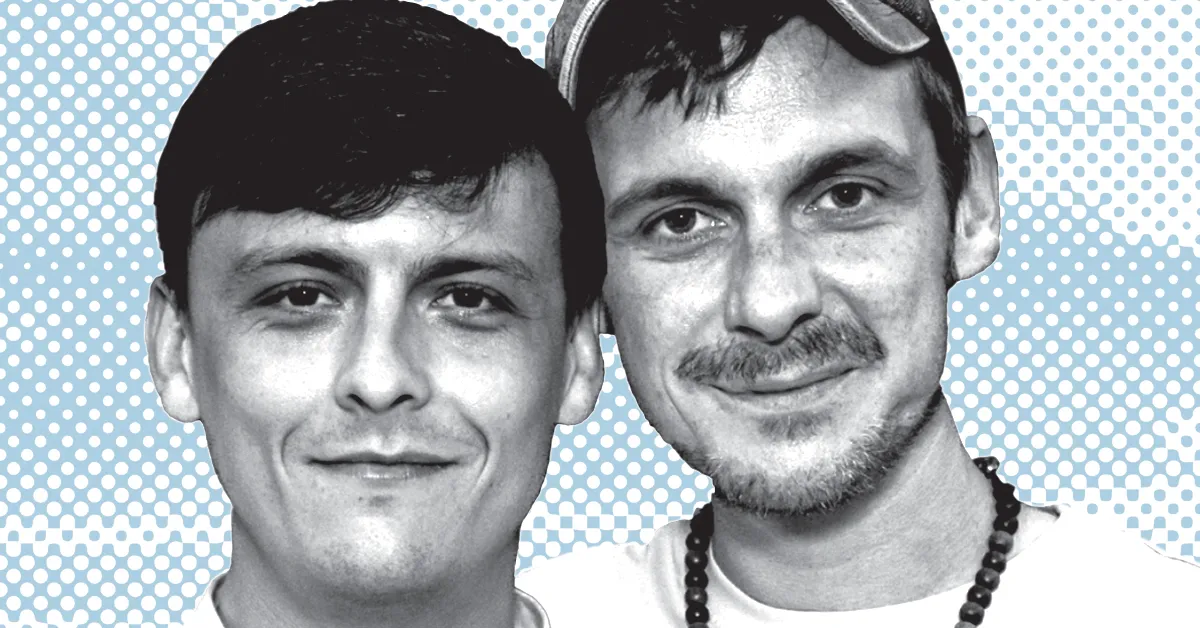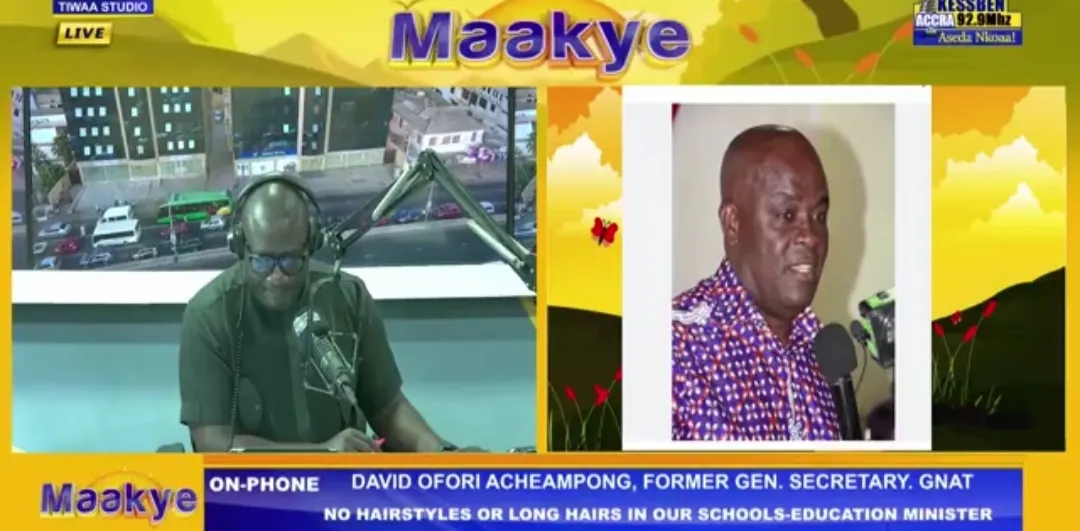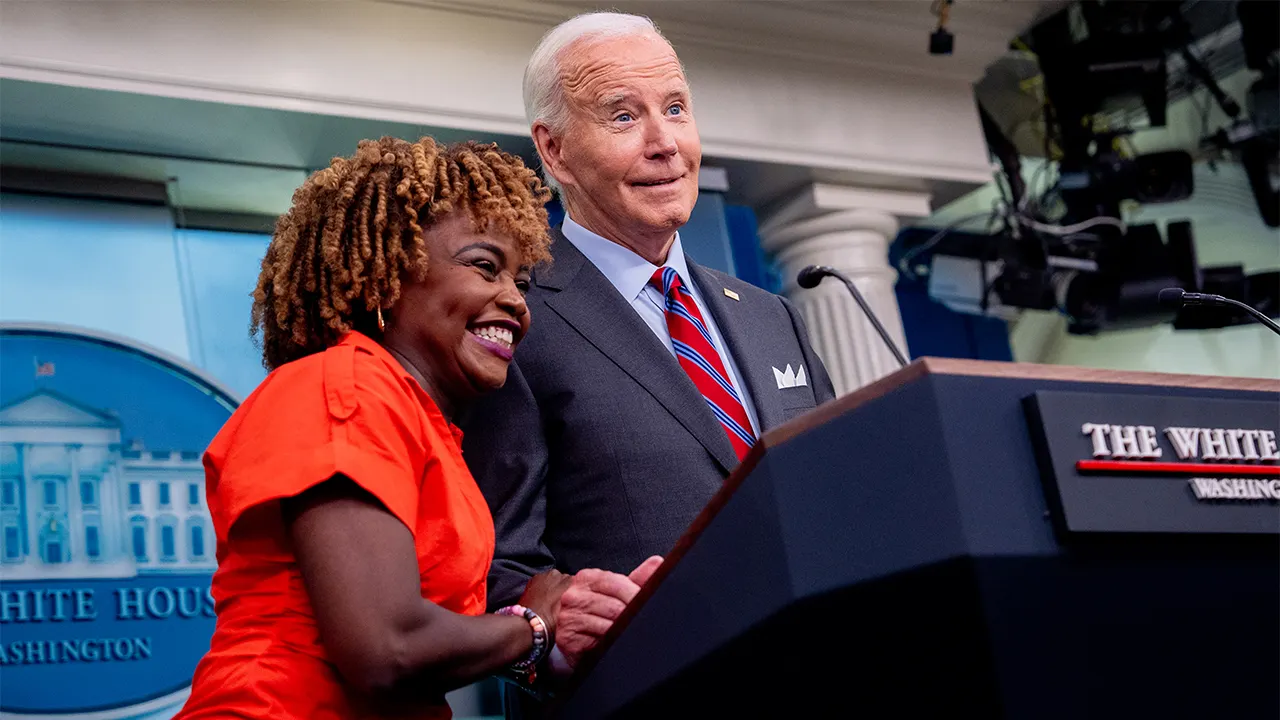Copyright TIME

Playwrights Joe Murphy and Joe Robertson are the founders of the Good Chance Theatre company, which uses storytelling to spur action on the world’s most pressing and complex matters. Their newest play, Kyoto, is a surprisingly gripping account of the 1997 climate negotiations in Kyoto, which resulted in the world's first legally binding national treaty to limit greenhouse gases. The production was picked up by the Royal Shakespeare Company and ran in London’s West End earlier this year for 16 weeks to sold-out crowds, offering tens of thousands of viewers a prescient reminder that compromise and consensus are possible. Kyoto made its U.S. premiere at New York’s Lincoln Center Theater on October 8. What is the single most important action you think the public, or a specific company or government, needs to take in the next year to advance the climate agenda? We must talk to people with whom we disagree with respect and open-mindedness, and try to find common ground. What’s one sustainability effort you personally will try to adopt in the next year? In creating our play Kyoto we used the Theatre Green Book—a UK framework for sustainable theater covering energy, materials, and operations—as our baseline. It proved that ambitious art can meet rigorous environmental standards, and showed us how much further we can go. Over the next year we’ll push beyond those minimums, cutting energy use, re-imagining materials, and sharing every lesson. Each production is a rehearsal for a better future, and we’re determined for our company Good Chance to be a stage not only for marginalized stories and voices, but also proof that theater with impact can tread ever more lightly on the planet. What is a climate solution that isn't getting the attention or funding it deserves? Art that humanizes the climate crisis in surprising and dramatic ways is in itself a climate solution. Art that reclaims the subject from confected culture wars, and builds real connections and coalitions across political and social divides. Art that focuses not on despair and destruction, but optimism and solutions. Art that invites and empowers audiences to take a seat at the table, and rediscover their agency over a crisis that often feels too big and complex to solve. Art that rehearses hope. What gives you hope about the future of the planet? China's growing renewable energy capacity. If you could stand up and talk to world leaders at the next COP, what would you say? We would make the case for a different kind of renewable energy; a natural resource that is currently under exploited and yet abundantly available in every village, town, and city in the world: artists.



